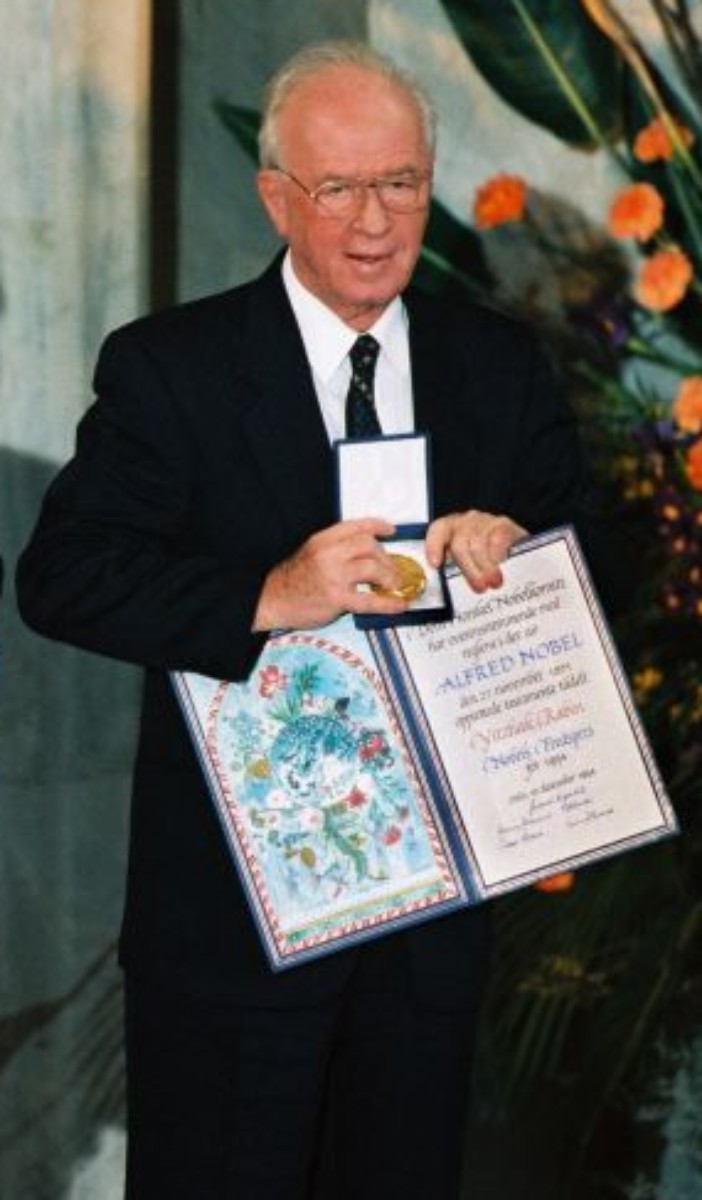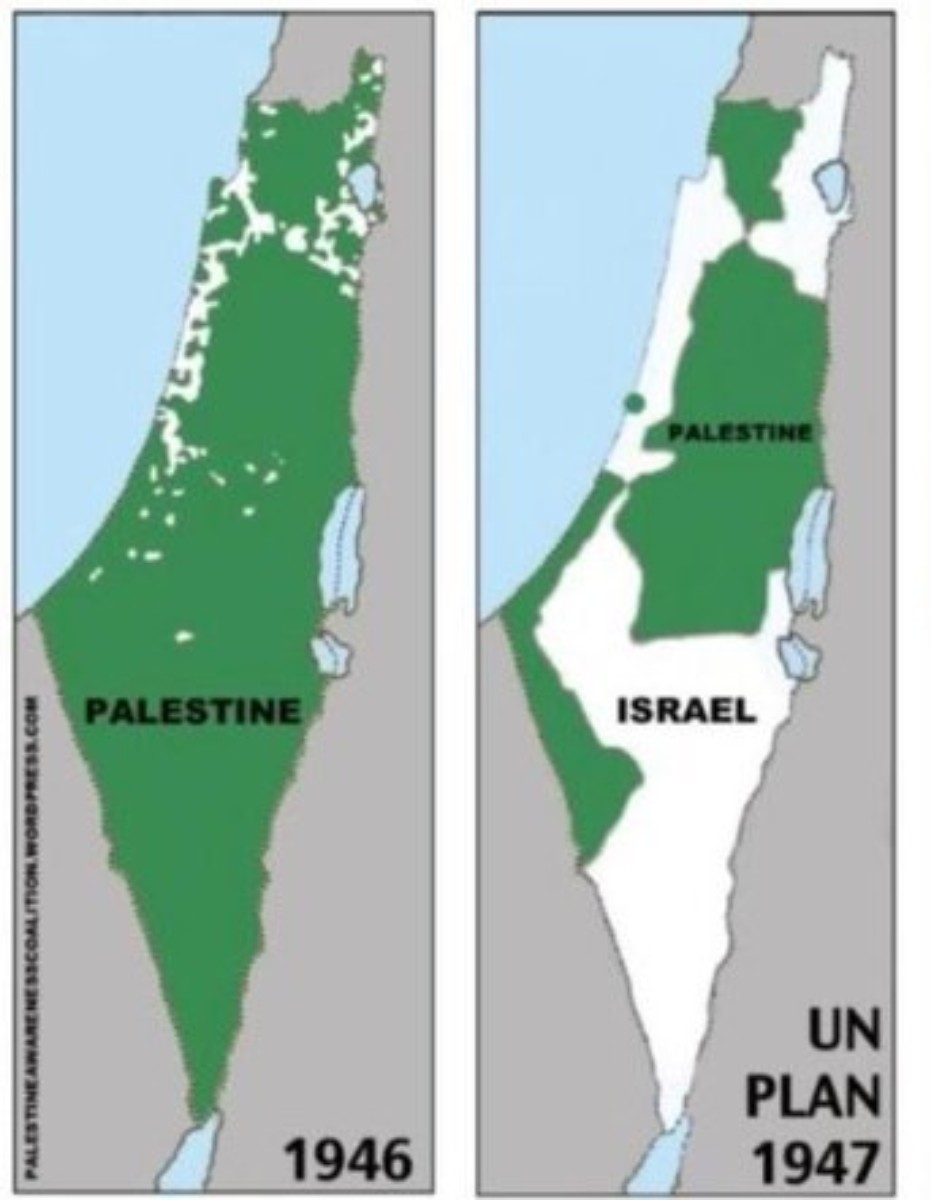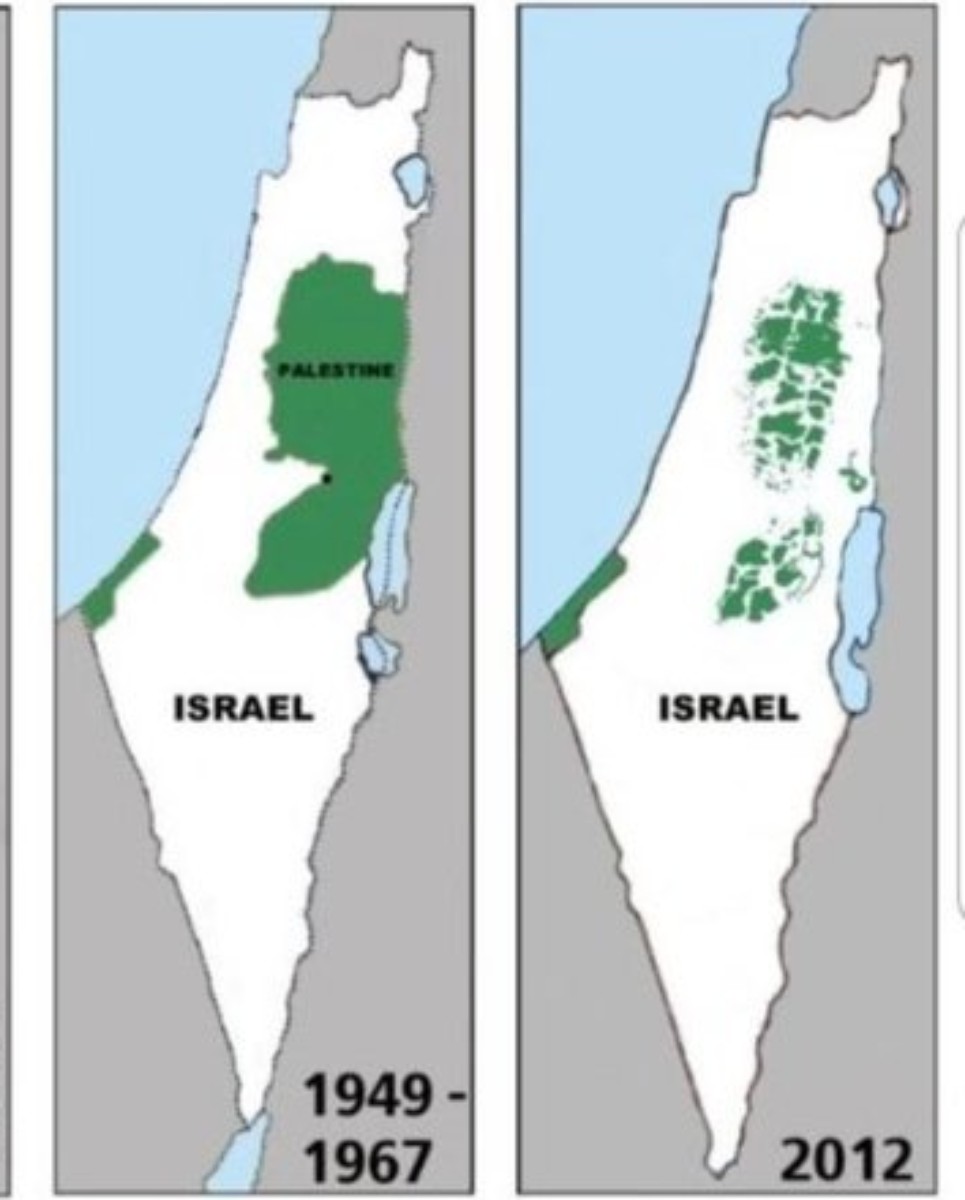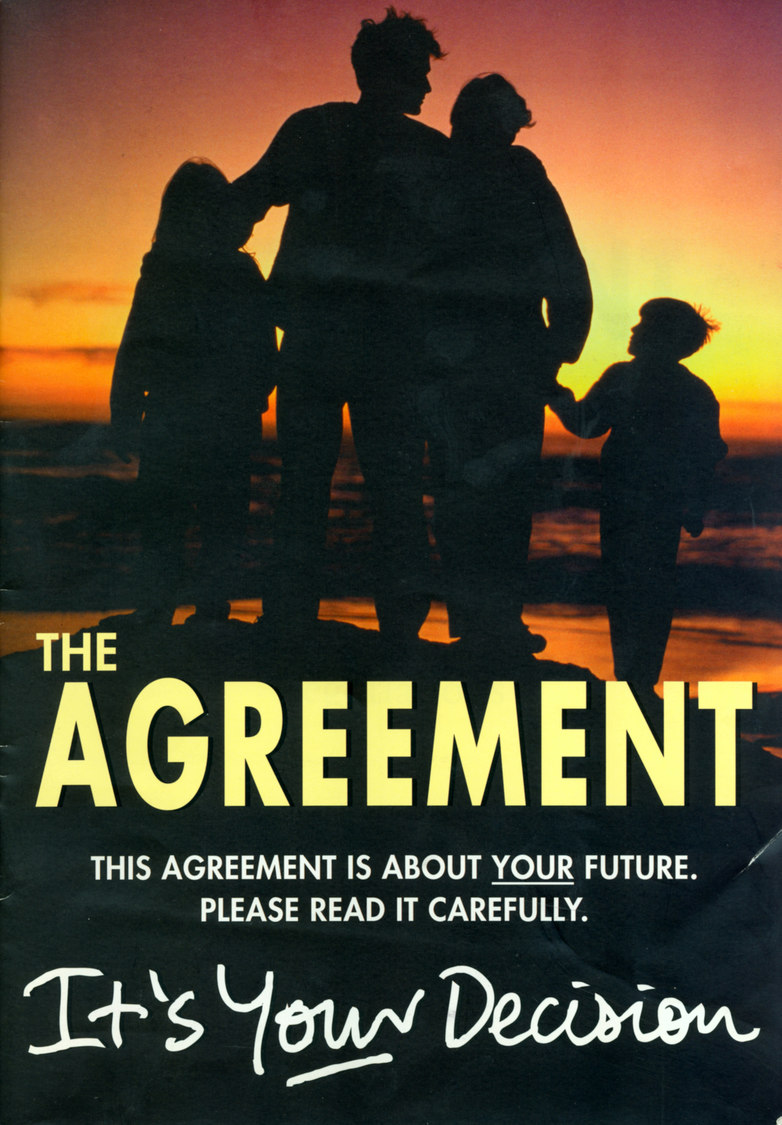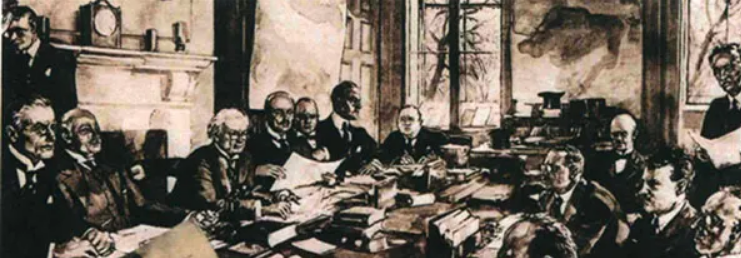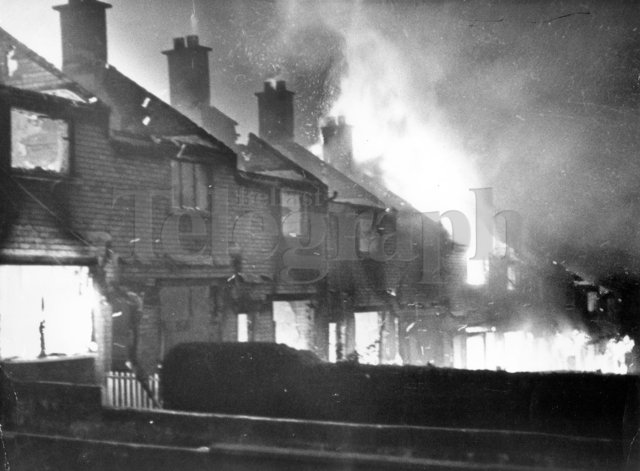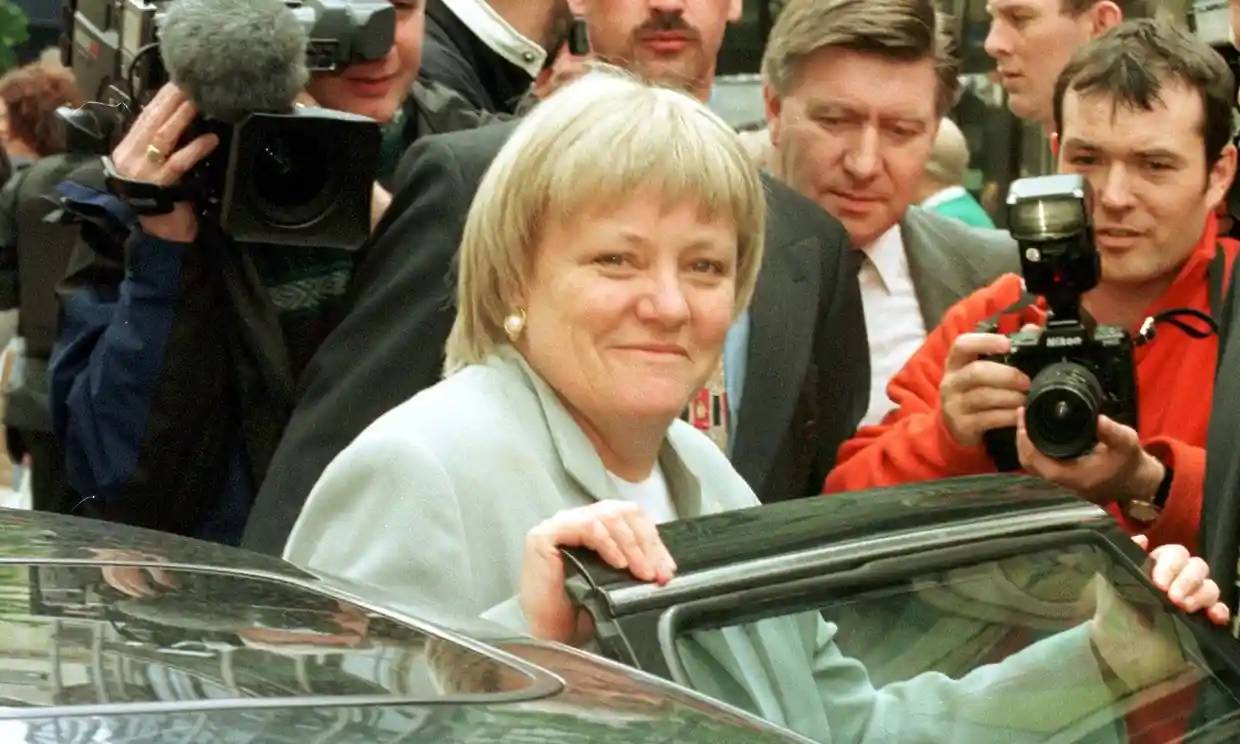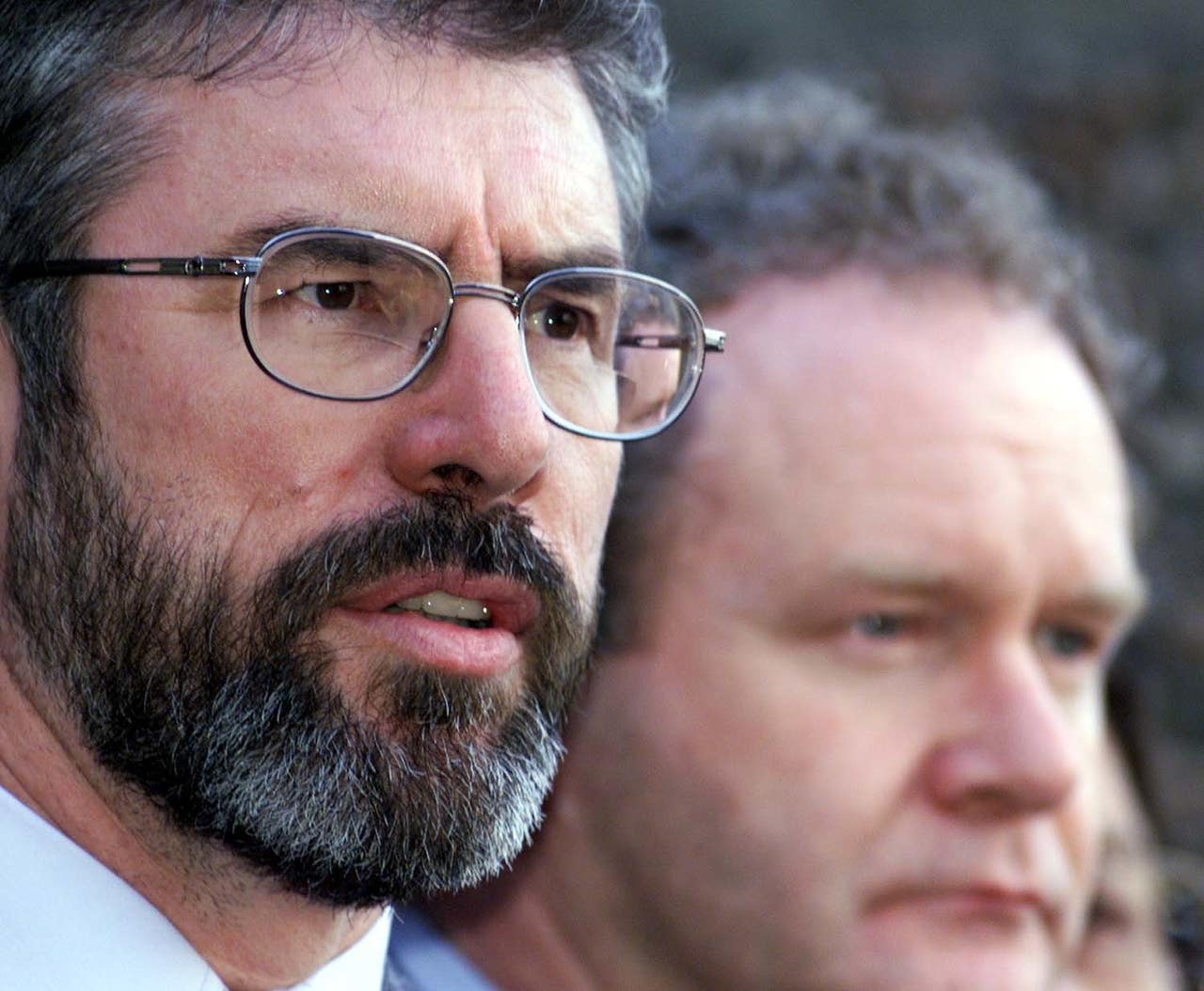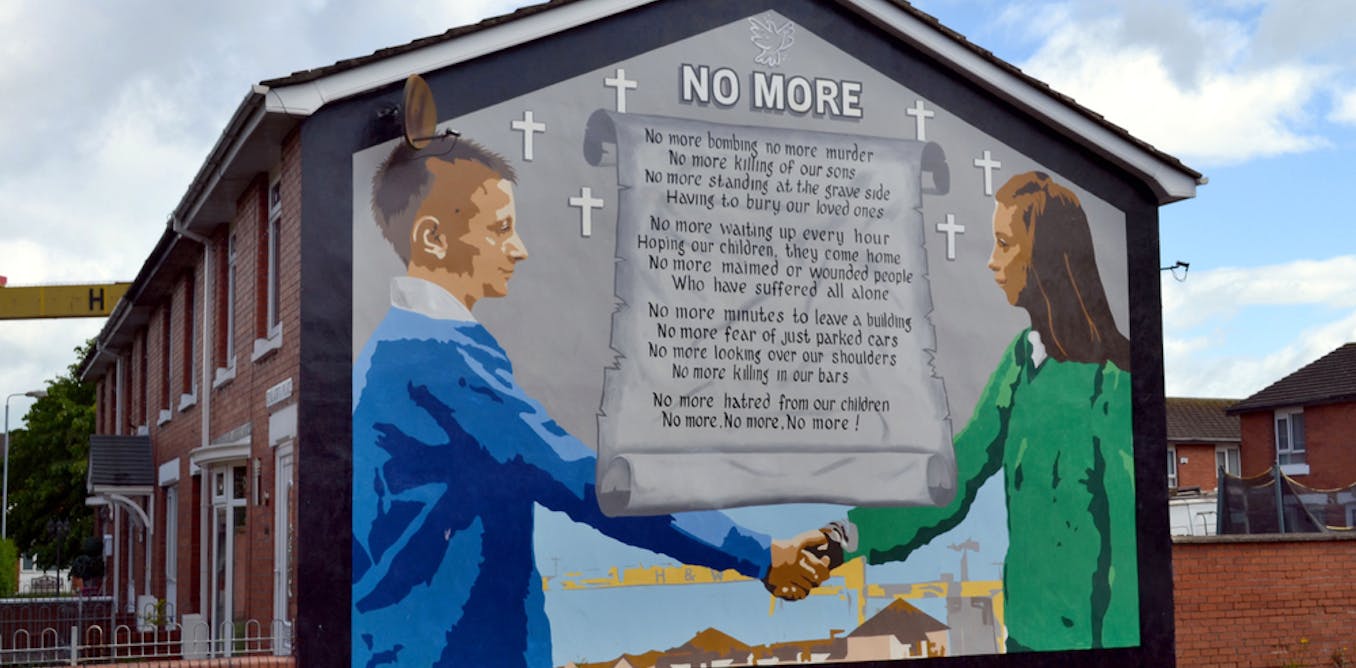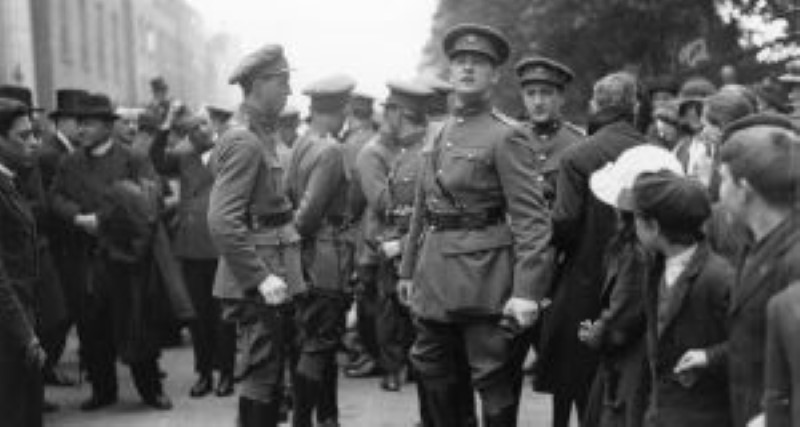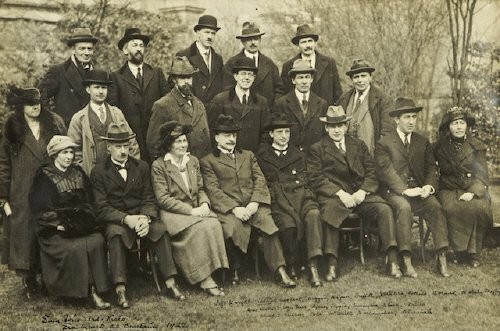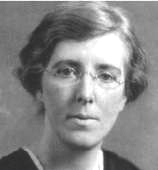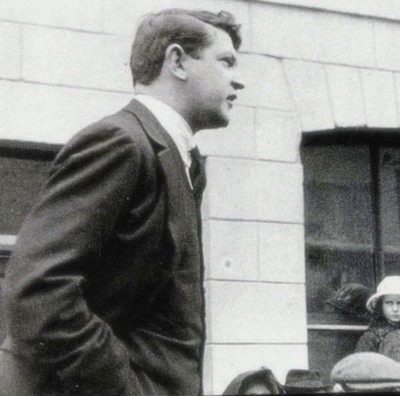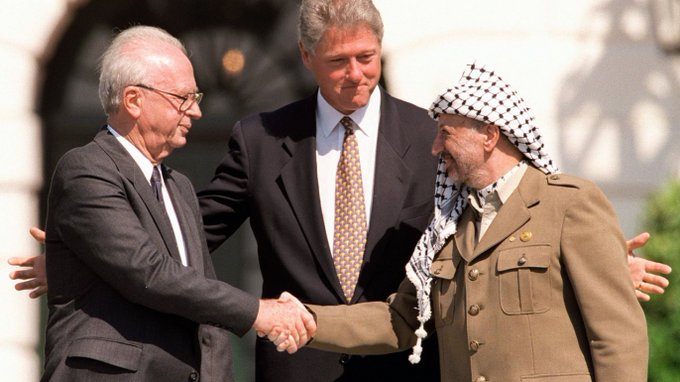
Prime Minister Yitchok Rabin & President Yasser Arafat shake hands as US President Clinton looks on, 1993
This blog’s theme of Michael Collins’ assassination, as well as his life and times, has occasionally made space for more recent history, which resonates with and elucidates his.
Most historians now recognize the role of peace talks in Collins’ last journey; although in some quarters it was denied for decades. A peace negotiator’s mission can be a hazardous one; as observed throughout history, into the present day.
Israel since Rabin and Arafat demonstrates the horrific cost of political killings. Two great statesmen, with rare levels of credibility and political will needed to end what seems hopelessly endless conflict, determined to find solutions, at a central flashpoint of global military powers… were suspiciously removed.
Is it not their loss which has thrown the shadow of the Doomsday Clock across our world? Does planetary survival totter, at this writing, because assassination derailed that peace process?
Yet, in the concurrent deluge of discussion on the Middle East, it’s shocking how little mention is heard of Rabin’s and Arafat’s respective suspicious deaths; or of the great hopes for a workable peace, which seem to have died with them.
(Quotations below are from The Assassination of Michael Collins: What Happened at Beal na mBlath unless otherwise noted.)
What has all this to do with Michael Collins?
“…a look at Béal na mBláth in the larger context of similar cases: involving similar types of leaders, at a similar moment in a similar struggle with a similar if not the very same foe … And Collins’ death will look very different; with a lot more to say …about who we are, where we’ve been, and where we could go from here. Because a story like his is for all people, everywhere, in all times.”
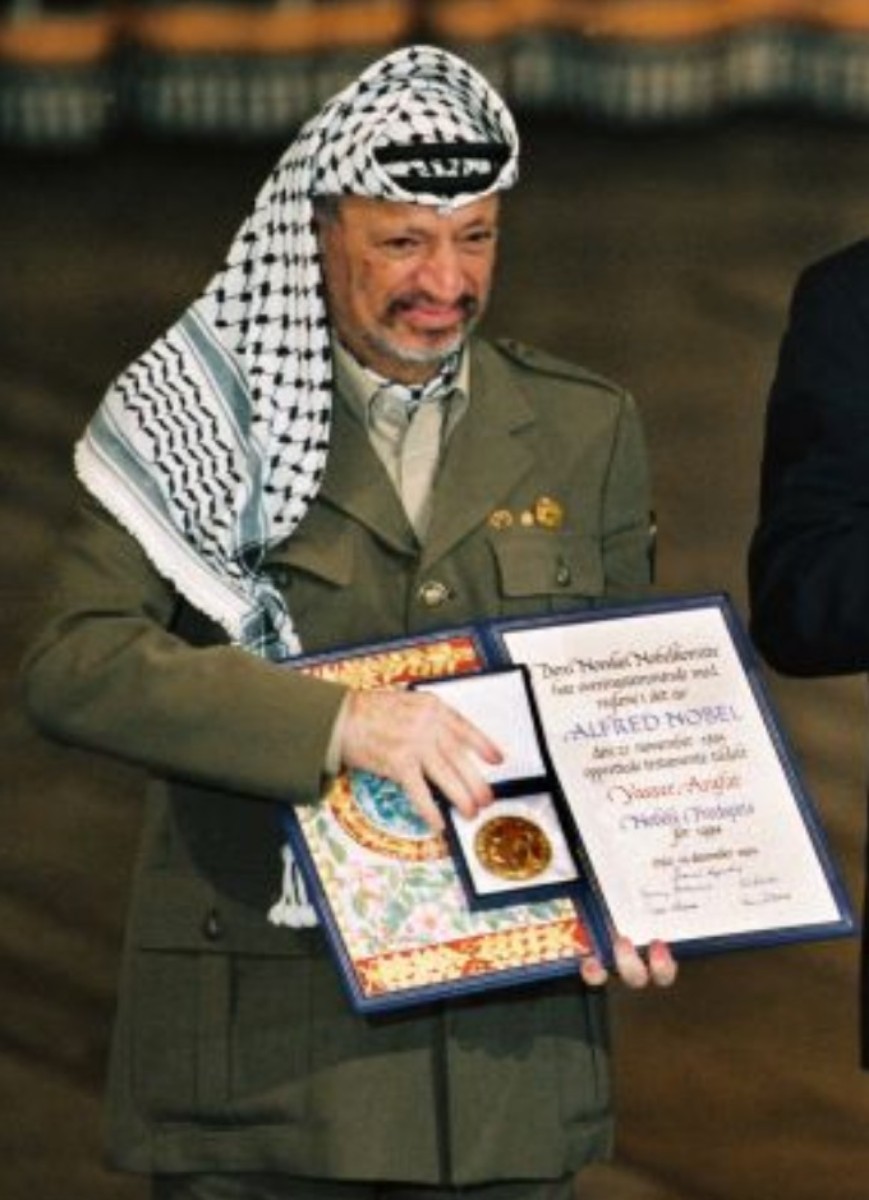 Not long before the Good Friday Agreement inaugurated lasting peace in Northern Ireland, the 1994 Nobel Peace Prize was shared between Israeli Prime Minister Yitzchok Rabin, Palestinian National Authority President Yasser Arafat (Chairman of the Executive Committe, Palestinian Liberation Organization (PLO), and Israeli Foreign Minister Shimon Peres; for their instrumental roles in bringing about the landmark Oslo Accords , which sought to create lasting political remedies to military conflict in Israel / Palestine.
Not long before the Good Friday Agreement inaugurated lasting peace in Northern Ireland, the 1994 Nobel Peace Prize was shared between Israeli Prime Minister Yitzchok Rabin, Palestinian National Authority President Yasser Arafat (Chairman of the Executive Committe, Palestinian Liberation Organization (PLO), and Israeli Foreign Minister Shimon Peres; for their instrumental roles in bringing about the landmark Oslo Accords , which sought to create lasting political remedies to military conflict in Israel / Palestine.
But not everyone wanted peace. While the world applauded this epoch-making achievement, political opponents published death threats against Prime Minister Rabin. On 4 November 1995, he fell to bullets fired by a self-avowed Zionist fanatic, as he was leaving a rally, enthusiastic cheers of Israeli peace supporters ringing in his ears.
In 2004 Arafat, whom Rabin had called “the only Palestinian leader who can deliver peace” and whom the The Arab League designated “the only legitimate representative of the Palestinian people” also died suddenly, under suspicious circumstances; which resonate remarkably with Arthur Griffith’s end . Definitive studies have raised serious questions that this, also, was political murder. “What Killed Arafat?” Al Jazeera Investigates
One of those who threatened Rabin is, at this writing, Israel’s Minister of National Security. The right-wing government he represents, effectively placed in power by the murder of Rabin, has dominated Israeli politics ever since. It’s pursued the demolition of the Oslo Accords, continual military escalation, and genocidal policies against its Palestinian citizens. Many have died of these policies; yet that regime survives. Indeed, its longevity seems altogether extraordinary.
Clearly, continual war, with no other option in sight, is what someone wants. But who could possibly desire that? People on the ground in a war zone…?
Who gains?
What few remember is that the British Empire was in no uncertain terms the architect of modern Israel; and of the festering permanent conflict which was built into its foundations. “Britain in Palestine 1917-1948”
“Britain has not made a declaration of war upon Egypt, neither has she made a declaration of war upon India. But is the war there less terrible for being undeclared?“
– Michael Collins 1922
For centuries, Palestine’s Muslims, Jews, and Christians co-existed in relative harmony; until the British Empire took over, following World War I’s regime change.
London’s prominent representative in that process was Lord Balfour: who played a key role in the design of Northern Ireland’s sectarian regime of apartheid terror against Catholics.
In Palestine, Balfour pursued a strategy of contradictory promises; which brought “both [zionist & Palestinian] communities [to believe] that they had been promised the land.” Meanwhile decisive support from Western powers’ heavily weighted the outcome in favor of an apartheid theocracy, dominated by Jews of white European extraction.
Balfour’s manouevering achieved the effective exclusion of Palestinians from the new state’s government. Even as he’d worked hard to exclude Catholics from government in the new statelet of Northern Ireland. (It has been postulated that Michael Collins was assassinated largely to make way for that British plan in the North.)
Thus in both Belfast and Jerusalem, colonialist regimes were established, by British power brokers, on a basis of cynical racial / religious persecution, displacement, and progressively increasing violent, genocidal aggression against a civilian population.
All of this led, predictably enough, in both Ireland and Israel, to what Michael Collins deemed the worst possible outcome of civil conflict: not only that their old Imperial masters might come back, “but that they would be welcomed back.”
It seems clear enough that, in some regions, endless war may be more than a regrettable side effect of departing colonialists.
But such murders never stand alone. They form part of a context of slaughter, which enable other deaths. In both cases, the elimination of one man, who represented millions of voters, enabled the mass murder of virtually an entire movement, along with him. This was no less true of Chile in 1973 than of Ireland in 1922.
In the case of Rabin (who was born in 1922, the year of Collins’ death) & Arafat, it’s evident enough just what kind of killing their assassins had in mind: what pogrom these two statesmen were removed expressly in order to unleash.
If there is an agenda in powerful quarters to keep the Middle East a permanent war zone… was that not originally a British agenda? More importantly, does it continue to be so today?
Read more:
The Balfour Project
balfourproject.org
***
Quotations in this blog post,
except where otherwise noted, are from:
“The Assassination of Michael Collins:
What Happened At Béal na mBláth?”
by S M Sigerson
Paperback or Kindle edition here:
www.amazon.com/dp/1493784714
All other e-reader formats:
www.smashwords.com/books/view/433954
Read reviews:
http://www.rabidreaders.com/2014/12/03/assassination-michael-collins-s-m-sigerson-2/
Or ask at your local book shop
